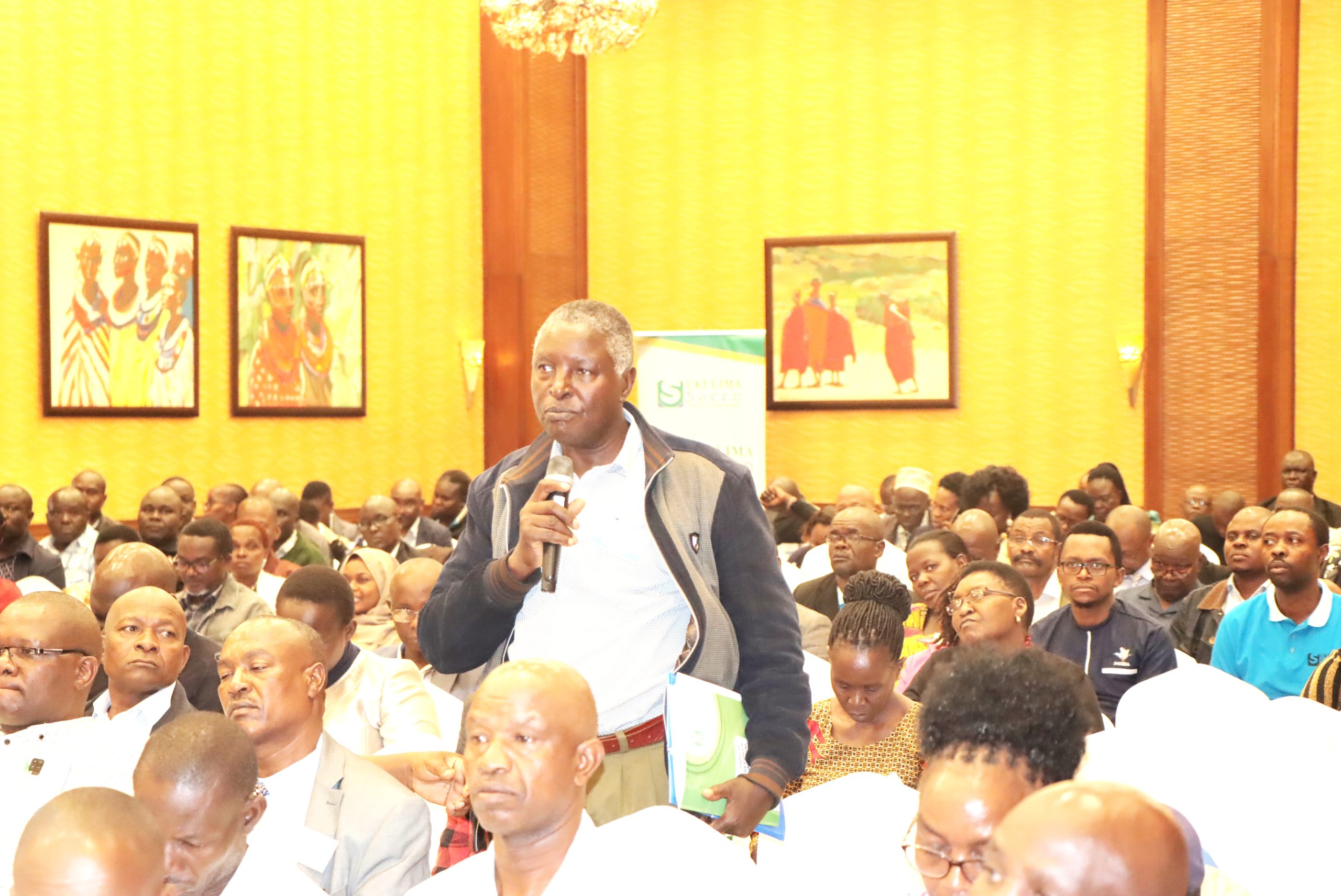By Fred Sitati
The Sessional Paper No 4 of 2020 themed “Promoting Cooperatives for Socio-Economic Transformation” seeks to transform cooperatives in the country by, among other initiatives, advocating for formation of sub-sector-specific Federations to provide specialised services to their member-affiliates.
This is necessary to guarantee effective service delivery to the ordinary cooperators who are members of the various types of cooperatives.
There exist a few Federations in the country previously called National Cooperative Organisations (Nacos) which render satisfactory services to their affiliates.
The above notwithstanding, is absolutely expedient to revisit what factors actually ail the agricultural cooperatives in the country whose overall performance has remained lacklustre for the longest time. Remember Kenya’s economy is predominantly agricultural!
The coffee sub-sector specifically stands out as one enterprise in dire need of serious reforms ranging from policy, legal, regulatory and institutional.
The various laws and regulations formulated in recent years seem to be causing more resentment on the part of cooperatives and this has a ripple effect on the industry as a whole.
What exemplifies this resentment is the low uptake of coffee advances made available through the New KPCU, a new kid on the block !
Media reports have it that out of the Ks3Billion set aside by govt to be advanced to coffee growers , only Ks200mllion has so far been disbursed to the coffee farmers and other small scale coffee dealers.
One reason accounting for this scenario is the monopoly accorded to the New KPCU ltd, a state corporation, yet there are other licenced Millers in the country too!
I should think the decision to channel the fund through only one state-owned institution, oblivious of the fact that the economy is officially liberalized, is ill-advised and devoid of merit.
It is inconceivable that the treasury could be holding more than 2Billion earmarked for coffee farmers yet the existing institutional framework doesn’t allow it to be disbursed through other existing legitimate institutions.
Further, the age-old controversy surrounding coffee marketing has remained a thorn in the flesh of coffee cooperatives with no compromise ever reached on the mode of coffee marketing.
On the aspect of Procurement of farm inputs, it is left to individual cooperatives to source them from the open market.
It cannot be confirmed whether or not all coffee cooperatives have engaged qualified coffee technicians to provide advice to the Boards on the right inputs to procure and most importantly, when to apply such chemicals to the coffee plants.
A combination of such factors has seen farmers progressively abandon coffee farming in favour of other more attractive enterprises.
How do sector players then circumvent this scenario and claw back the benefits from this lucrative enterprise?
My conviction is that coffee cooperatives need to expeditiously register their own Federation as stipulated in the new Sessional Paper No.4 of 2020.
That way, the perennial fear and suspicion that characterises the sub-sector that they have been ’emasculated’ by govt shall be put to rest once and for all.
The Federation could be called ‘Kenya Federation Of Coffee Cooperatives LTD (KFCC LTD)’ and would draw membership from all coffee cooperatives in the country. Its broad mandate would include, but not limited to; identify best coffee markets leveraging technology, organising bulk importation of coffee farm inputs from the manufacturers thereby enjoy economies of scale, liaising with financiers for timely disbursement of credit facilities, when necessary, on affordable/ friendly terms, putting in place a framework for hiring field extension services that are non-existent in many coffee cooperatives, creating a robust Advocacy Wing to serve as a mouthpiece for coffee cooperatives including lobbying to have progressive policies and laws that spur growth and development of the industry as a whole devoid of excessive government controls, organising to set up a shared IT platform to service the industry, promoting modern coffee farming practices and creating a framework for “cooperation among cooperatives” in which cooperatives can benchmark from their peers locally and beyond the Kenyan boarders.
In fact, the cooperative principle No.6, ie “”Cooperstion Among Cooperatives” can best be exemplified by coffee cooperatives.!
On representation, the Board to bear the face of all coffee growing zones in the county on equitable basis.
Given the huge impact KFCC Ltd would have once registered;m, it should be represented on the Board of the national apex so that they inject a new lease of life into it .
With proper sensitization, this is the only sustainable approach to restore coffee cooperatives’ members confidence that appears to be at its lowest.


